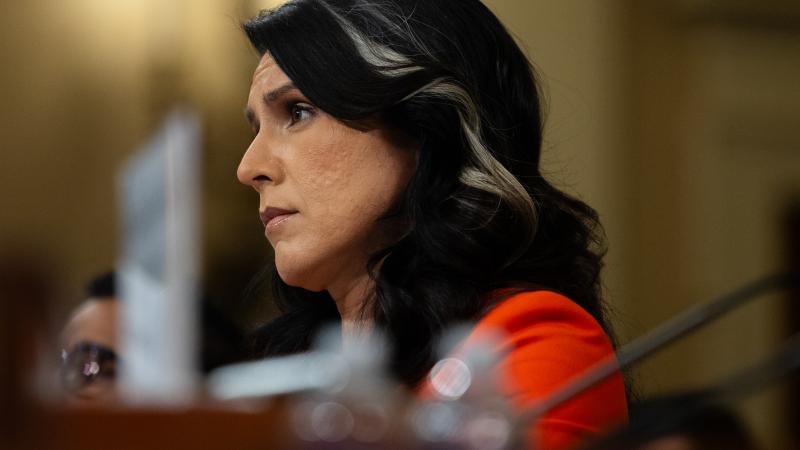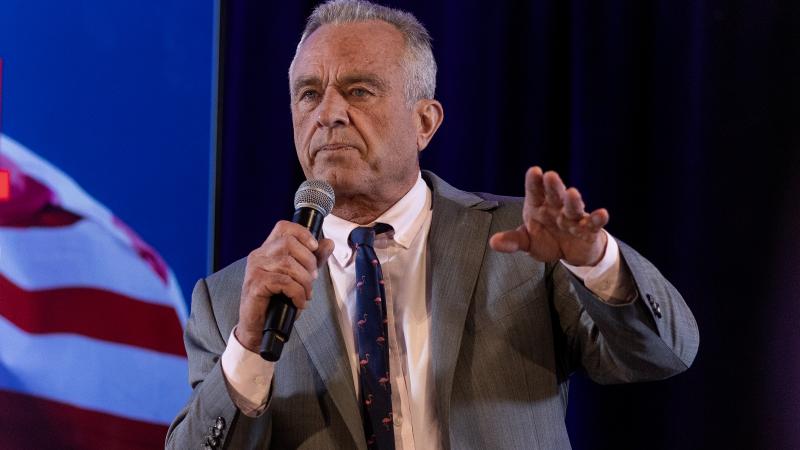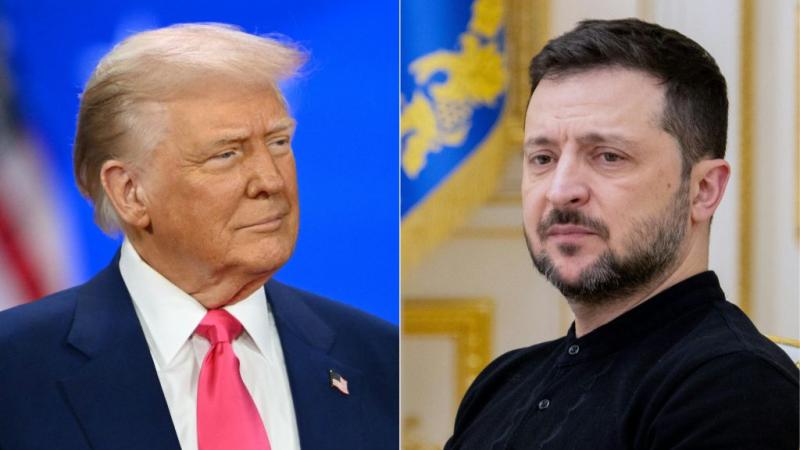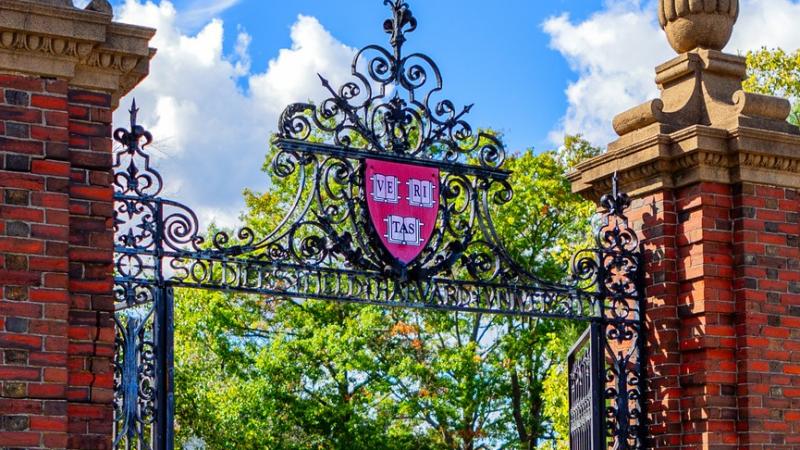As death penalty hearing looms, Boston Marathon bomber amends prison lawsuit over ball cap
Dzhokhar Tsarnaev was charged with murder and other crimes stemming from his role in the deadly 2013 bombings.
While the Supreme Court this year weighed whether to consider reinstating the death penalty for convicted Boston Marathon bomber Dzhokhar Tsarnaev, both Tsarnaev and the Justice Department restaked their postures regarding the case.
Tsarnaev, now 27, filed and amended a lawsuit charging Colorado prison authorities with cruel and unusual treatment centered around a ball cap, a bandana, and other matters; while the U.S. Attorney's Office for Massachusetts, meanwhile, updated its file on the 2013 case that shocked the world.
The DOJ alleged that Tsarnaev and his older brother Tamerlan placed homemade bombs among the spectators at the 117th running of the Boston Marathon. The bombs exploded, killing three people and injuring hundreds more. The brothers remained on the run for several days, during which they murdered a police officer and carjacked a man. The spree ended when the elder Tsarnaev brother was killed and the younger was captured.
After a sensational trial, the surviving Tsarnaev brother was sentenced to death for his part in the rampage. A court tossed out the death sentence last year, citing issues with how the jury was chosen. Prosecutors appealed to the U.S. Supreme Court, asking that the death sentence be upheld. On Monday, the court agreed to hear the appeal.
In January 20201 — two months before the top court agreed to hear the appeal — Dzhokhar Tsarnaev sued his Colorado prison warden and other officials for violating his rights. In the handwritten six-page filing, Tsarnaev asked the federal government to protect him from "the abuses, false accusations and discrimination I am being made to suffer" and for the government to pay him $250,000, "an amount sufficient to make prison officials ensure that this abuse never happens again."
The alleged abusive behavior began when a prison official confiscated a white ball cap and a bandana, Tsarnaev wrote in the Jan. 4 filing. The unit manager who took the items said "I was disrespecting the FBI and the victims in your case," Tsarnaev wrote. He did not mention in the filing that he had worn a white ball cap during the violent Boston spree.
The loss of the cap caused him "a great deal of mental stress and anxiety," Tsarnaev wrote, saying that he has suffered mental and physical decline.
Tsarnaev in March amended his filing to add more defendants, including U.S. Attorney General Merrick Garland.
Three days after the convicted bomber filed his first court complaint regarding the ball cap, federal officials quietly updated the DOJ's public page on the case against Dzhokar Tsarnaev.
The page includes charging documents, along with statements about the crime and why the DOJ is pursuing the death penalty.
In addition to murdering innocent victims, officials wrote, Tsarnaev betrayed the country that offered him and his ethnic Chechen family refuge from feared persecution in Russia.
"Dzhokar Tsarnaev received asylum from the United States; obtained citizenship and enjoyed the freedoms of a United States citizen; and then betrayed his allegiance to the United States by killing and maiming people in the United States," officials wrote in a document on the updated page.
The updated page offers little that is new against Tsarnaev, one Justice Department official told Just the News, but the Jan. 11 renewed timestamp places it more prominently in public view.
"It won't affect what the Supreme Court does, but it will help to remind curious people how bad it was that day at the marathon," the official said.
The court is expected to hear the death penalty appeal in the fall.













